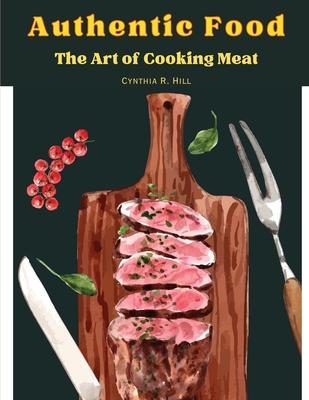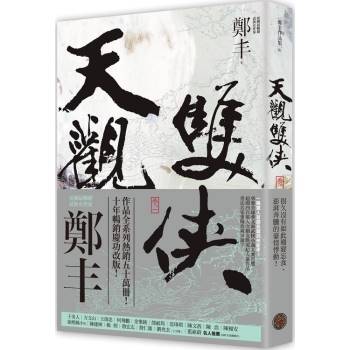Of all the delicacies in the whole mundus edibiles, I will maintain roast pig to be the most delicate.
There is no flavor comparable, I will contend, to that of the crisp, tawny, well-watched, not over-roasted crackling, as it is well called, the very teeth are invited to their share of the pleasure at this banquet in overcoming the coy, brittle resistance, with the adhesive oleaginous, oh, call it not fat!
But an indefinable sweetness growing up to it, the tender blossoming of fat, fat cropped in the bud, taken in the shoot, in the first innocence, the cream and quintessence of the child-pig’s yet pure food, the lean, no lean, but a kind of animal manna, or rather fat and lean (if it must be so) so blended and running into each other that both together make but one ambrosian result or common substance.
Hog killing and pork making on the farm have become almost lost arts in these days of mammoth packing establishments which handle such enormous numbers of swine at all seasons of the year. Yet the progressive farmer of to-day should not only provide his own fresh and cured pork for family use, but also should be able to supply at remunerative prices such persons in his neighborhood as appreciate the excellence and general merit of country or "homemade" pork product. This is true, also, though naturally in a less degree, of the townsman who fattens one or two pigs on the family kitchen slops, adding sufficient grain ration to finish off the pork for autumn slaughter.
The only popular book of the kind ever published, "Home Pork Making" furnishes in a plain manner just such detailed information as is needed to enable the farmer, feeder, or country butcher to successfully and economically slaughter his own hogs and cure his own pork. All stages of the work are fully presented, so that even without experience or special equipment any intelligent person can readily follow the instructions. Hints are given about finishing off hogs for bacon, hams, etc. Then, beginning with proper methods of slaughtering, the various processes are clearly presented, including every needful detail from the scalding vat to the kitchen baking dish and dining-room table.
The various chapters treat successively of the following, among other branches of the art of pork making: Possibilities of profit in home curing and marketing pork; finishing off hogs for bacon; class of rations best adapted, flesh and fat forming foods; best methods of slaughtering hogs, with necessary adjuncts for this preliminary work; scalding and scraping; the construction of vats; dressing the carcass; cooling and cutting up the meat; best disposition of the offal; the making of sausage and scrapple; success in producing a fine quality of lard and the proper care of it.

 看圖書介紹
看圖書介紹









